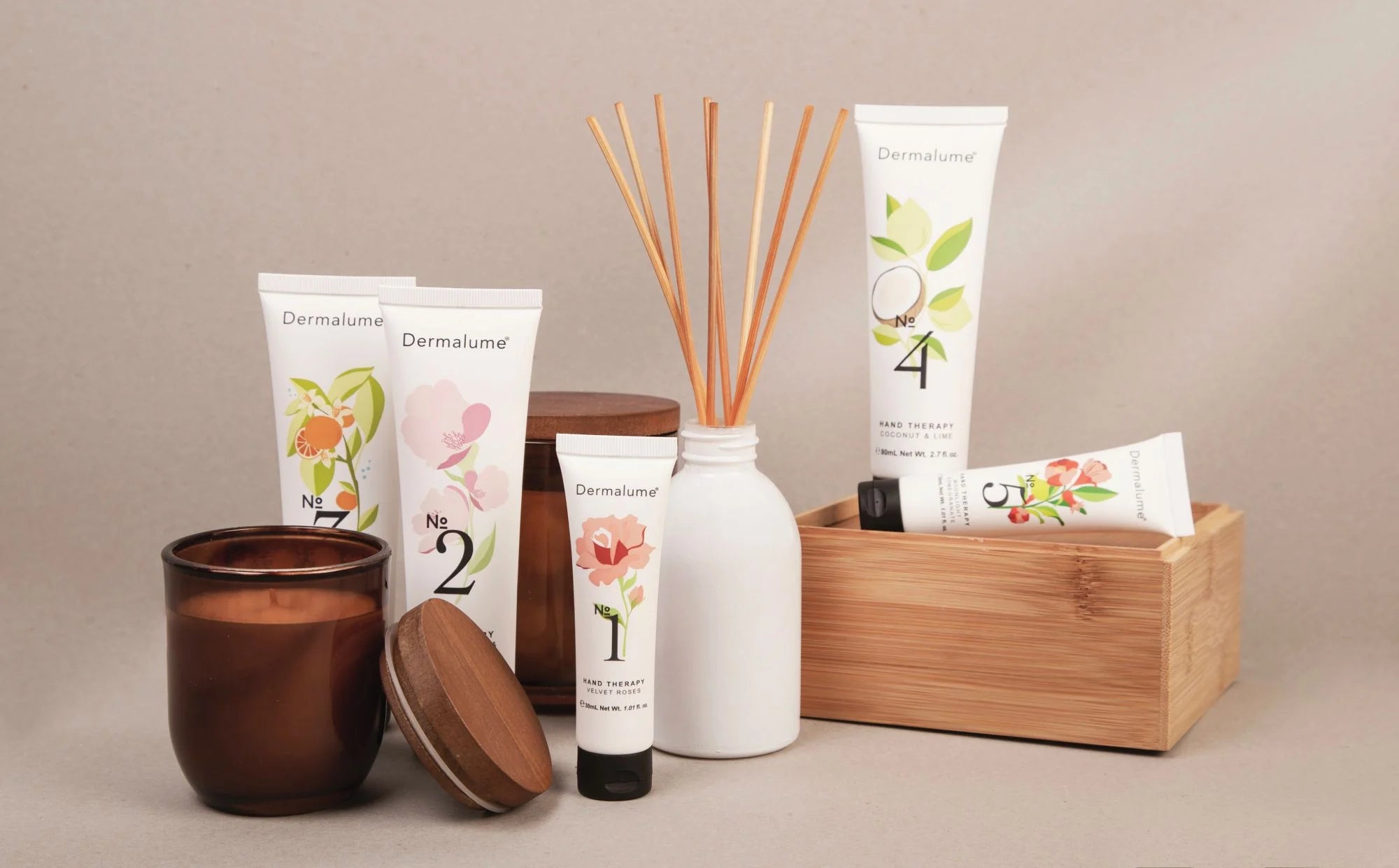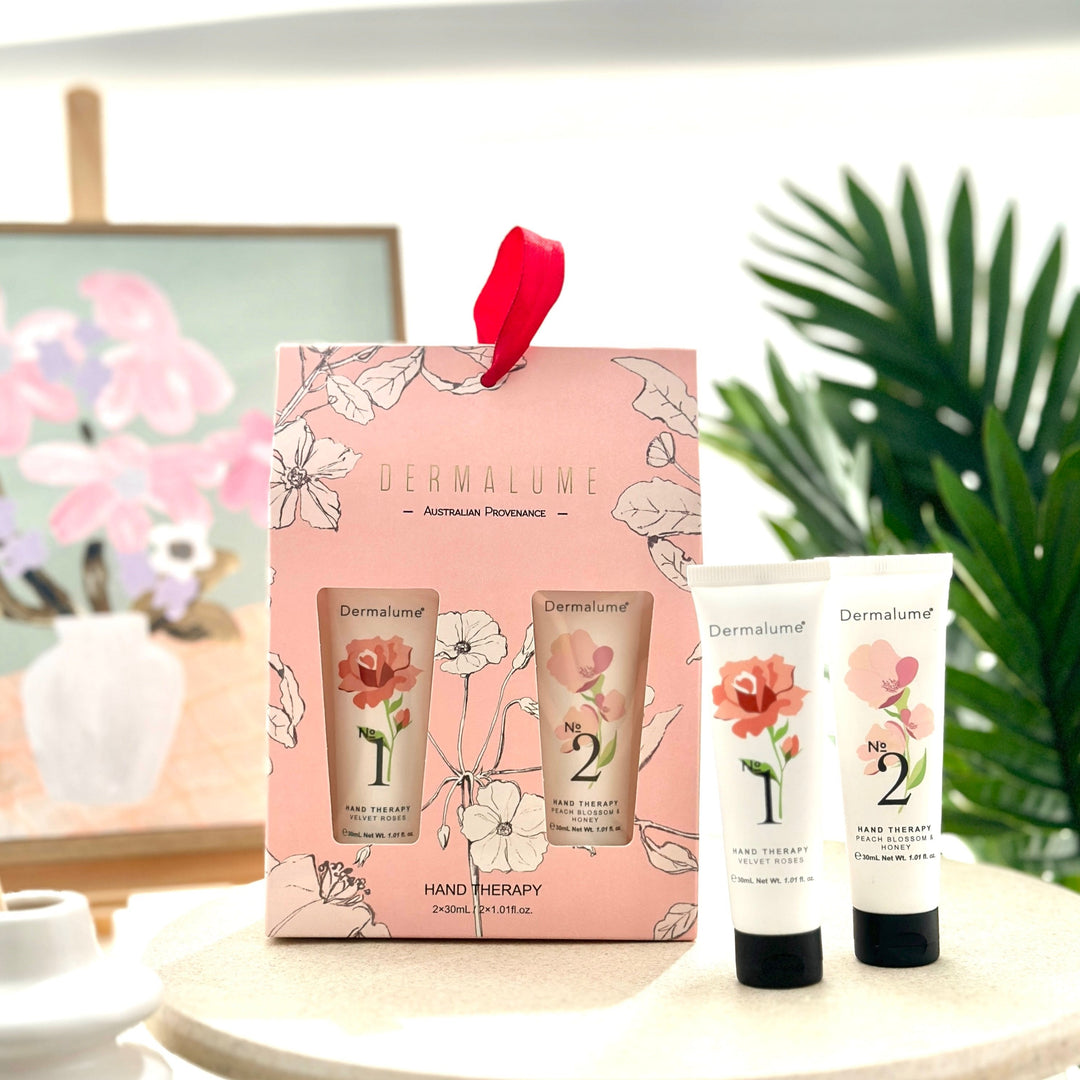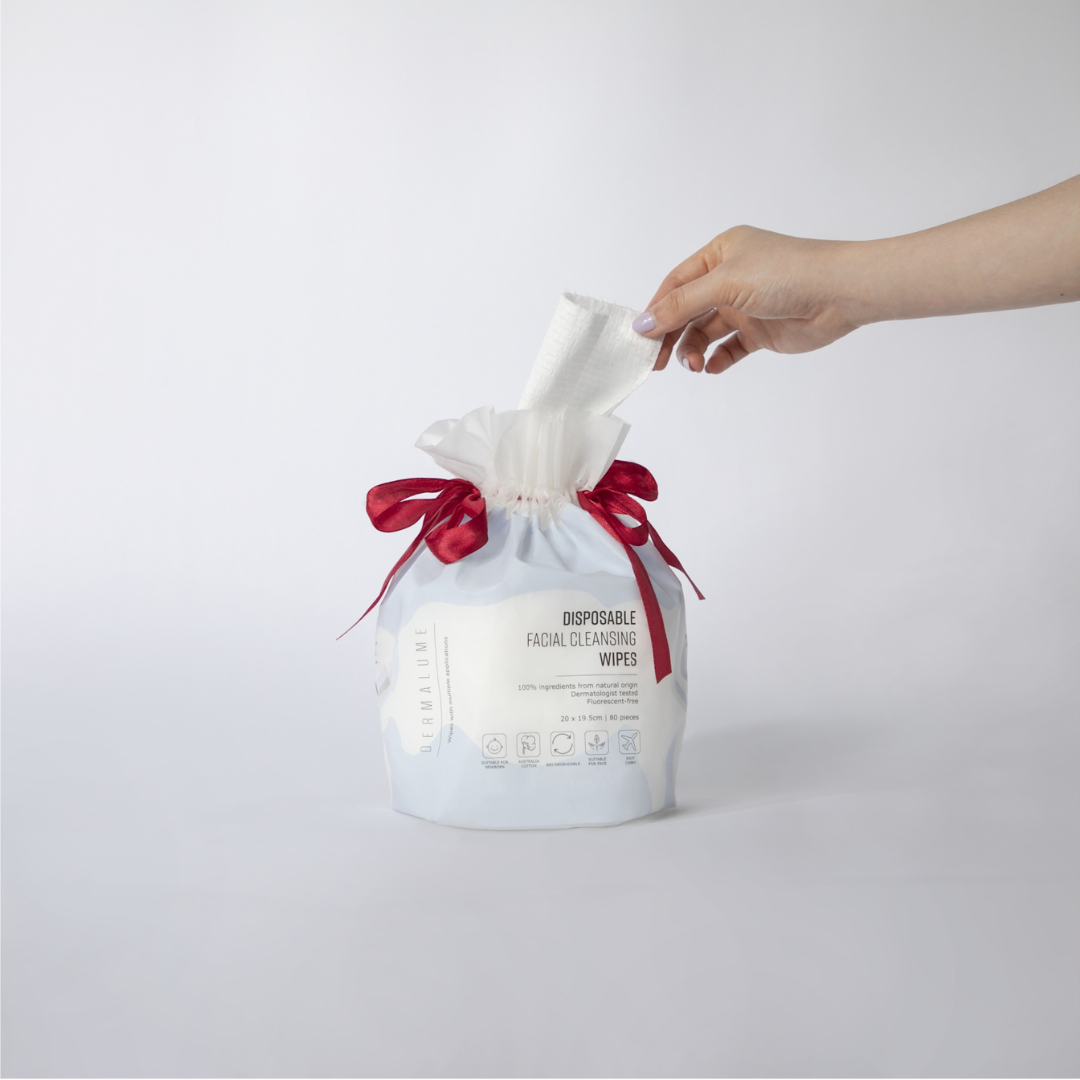Finding the Perfect Facial Mask for You
Finding the Perfect Facial Mask for You
In the world of skincare, face masks have become a staple for those seeking radiant and healthy skin. But with so many options available, how do you know which face mask is right for you? Whether you have sensitive skin, dry patches, or just want to boost your facial glow, this guide will help you navigate the sea of face masks and find the perfect fit for your skin needs.
Understanding Face Masks and Their Benefits
Face masks are skincare treatments designed to target specific skin concerns. They are formulated with various active ingredients that can provide deep cleansing, hydration, and nourishment. Here's why incorporating a face mask into your skincare routine can be beneficial:
- Deep Cleansing: Face masks can help remove impurities and excess oil from your skin, leaving it clean and refreshed.
- Hydration Boost: Many masks are designed to provide a surge of moisture, making them perfect for dry skin.
- Brightening: Some masks contain ingredients like vitamin C, which can help brighten your complexion and give you a natural glow.
- Targeted Treatment: Whether you need to soothe irritation or reduce redness, there’s a mask for every skin type and concern.
Popular Types of Face Masks
Sheet Masks
Sheet masks are thin sheets soaked in a nutrient-rich solution, and they are convenient and easy to use. Simply apply the sheet to your face and let the ingredients work their magic.
Clay Masks
Clay masks are perfect for oily or acne-prone skin, as they help absorb excess oil and unclog pores. They often contain ingredients like kaolin or bentonite clay.
Cream Masks
Ideal for dry and sensitive skin, cream masks are rich and nourishing. They provide intense hydration and help soothe irritated skin.
Gel Masks
Gel masks are lightweight and cooling, making them perfect for calming inflamed or sensitive skin. They often contain soothing ingredients like aloe vera.
Choosing the Right Face Mask for Your Skin Type
Selecting the right face mask involves understanding your skin type and specific concerns. Here’s a breakdown of the best masks for different skin types:
For Sensitive Skin
Sensitive skin requires gentle care. Look for masks labeled as "suitable for sensitive skin" and those that contain soothing ingredients like chamomile or oatmeal. Avoid masks with harsh chemicals or fragrances that might irritate your skin.
For Dry Skin
Dry skin can benefit greatly from hydrating masks. Opt for cream masks or sheet masks that are packed with moisturizing ingredients like hyaluronic acid, glycerin, and natural oils.
For Oily or Acne-Prone Skin
If you have oily or acne-prone skin, clay masks are your best bet. They help control excess oil and prevent breakouts. Look for masks that contain salicylic acid or tea tree oil for added acne-fighting benefits.
For Normal or Combination Skin
For those with normal or combination skin, the options are endless. You can use masks that focus on maintaining balance and providing overall nourishment. Try a gel mask for hydration or a sheet mask for a quick refresh.
Incorporating Face Masks into Your Skincare Routine
To get the most out of your face masks, it's important to use them correctly. Here’s a simple guide to incorporating face masks into your skincare routine:
- Cleanse: Start with a clean face to ensure that your skin can absorb the mask's nutrients effectively.
- Apply the Mask: Follow the instructions specific to your mask type. Whether it's a sheet, clay, or cream mask, ensure it covers your face evenly.
- Relax: Allow the mask to sit for the recommended time. This is a great opportunity to unwind and relax.
- Rinse or Remove: If you're using a clay or cream mask, rinse it off with lukewarm water. Sheet masks can be gently peeled off, and any excess serum can be patted into the skin.
- Moisturize: Finish with your favorite moisturizer to lock in the benefits of the mask.
DIY Face Masks: Natural Recipes for Glowing Skin
If you prefer a more natural approach, DIY face masks can be a fun and effective option. Here are a few simple recipes you can try at home:
Honey and Oatmeal Mask
- Ingredients: 1 tablespoon of honey, 1 tablespoon of ground oatmeal
- Instructions: Mix the ingredients into a paste. Apply to your face and leave on for 15 minutes before rinsing off with warm water.
Avocado and Yogurt Mask
- Ingredients: 1/2 ripe avocado, 1 tablespoon of plain yogurt
- Instructions: Mash the avocado and mix with yogurt. Apply to your face and let it sit for 20 minutes before rinsing.
Banana and Turmeric Mask
- Ingredients: 1 ripe banana, 1 teaspoon of turmeric
- Instructions: Mash the banana and mix with turmeric. Apply to your face and leave on for 10-15 minutes before washing off.
Frequently Asked Questions About Face Masks
How Often Should I Use a Face Mask?
The frequency of use depends on your skin type and the type of mask. Generally, using a face mask 1-2 times a week is sufficient. However, hydrating masks can be used more frequently if needed.
Can I Mix Different Types of Masks?
Yes, multi-masking is a popular technique where you apply different masks to different areas of your face based on specific skin concerns.
Are Face Masks Suitable for All Ages?
Face masks can be used by people of all ages, but it's important to choose a mask appropriate for your skin type and age-related concerns.
Conclusion: Embrace the Face Mask Ritual
Face masks are a fantastic way to pamper your skin and address specific concerns. By understanding your skin type and choosing the right mask, you can enhance your skincare routine and achieve a healthy, glowing complexion. So, indulge in the ritual of face masks and let your skin reap the benefits!




Leave a comment